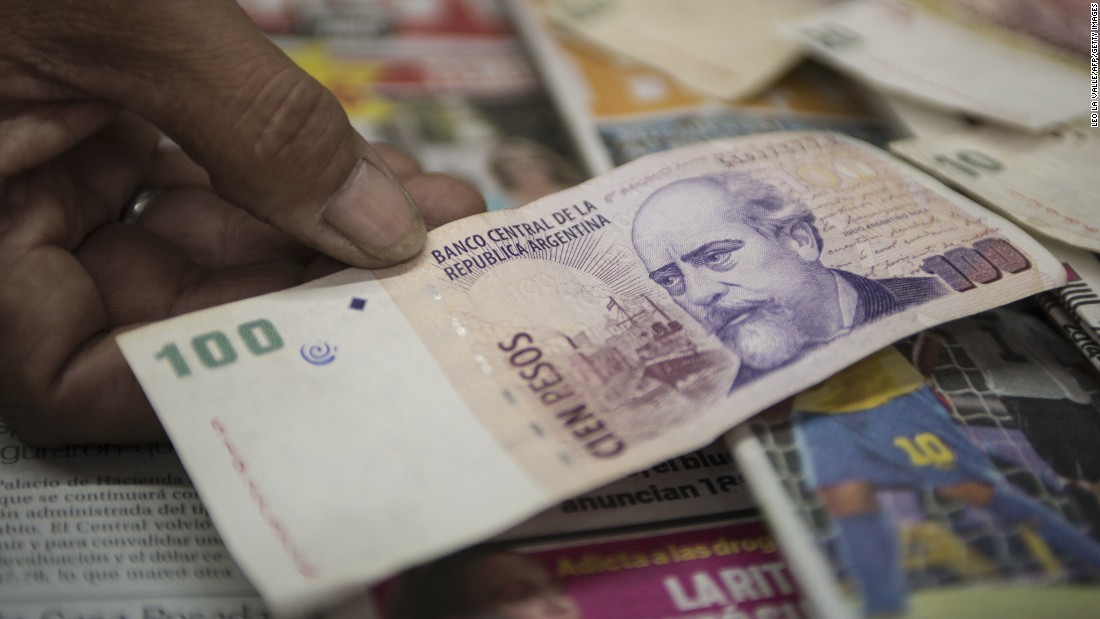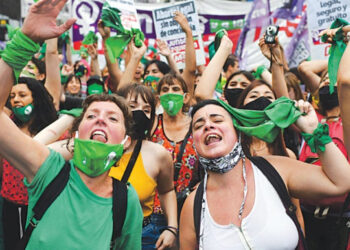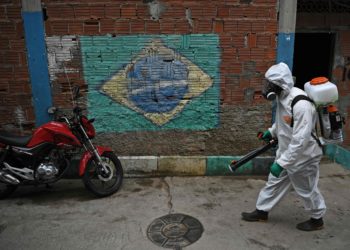Argentina is famous for its delicious steaks, full-bodied Malbecs, scintillating footballers, and seemingly untamable inflation. This last factor has led to stubbornly high poverty in a country blessed with bountiful natural wealth; from the vast and fertile pampas to the largest shale gas deposit in the world.
Defining and measuring poverty is always fraught with danger and controversy and is especially true in a country that has a history of cooking the books when it comes to official statistics. However, the Universidad Católica Argentina (UCA)’s Social Debt Observatory offers a more reliable, independent, and comprehensive data set than most.
Urban Poverty
Its latest figures suggest that urban poverty increased in 2018 to 31.3 percent (or 12.7 million Argentines), the highest figure UCA has ever reported since it started collecting data in 2010.
According to the report, 30 percent of urban households are marginalized in terms of labor rights, and 28 percent have no link to the welfare system as it exists in Argentina. In Greater Buenos Aires, where the majority of Argentines live, the poverty rate reaches an eye-watering 41.1 percent, with an extra 750,000 individuals falling into poverty in 2018 alone.
UCA uses a multi-dimensional system of indicators to measure urban poverty that, in essence, measures those (urban) Argentines who don’t have access to an adequate supply of food, health, housing, education, employment, and social security systems. According to this measure of poverty, Argentina has seen an increase from 29.9 percent in 2010 (when the series began) to the 31.3 percent reported for 2018.
Macri’s Economic Policies
Due to complex legacies of colonization and the subsequent nature of state-building in Latin America in the 19th century, Argentina has always experienced high levels of both poverty and inequality.
However, when the current President Mauricio Macri took office in December 2015 poverty stood at 27 percent, which suggests a significant increase since he was elected. Marci has implemented a curious mix of continuity and change in policy, grounded in elements of “business-as-usual” with key anti-poverty policies and “shock therapy” in macro-economic policies.
For example, the key Universal Child Benefit (Asignación Universal por Hijo or AUH), a targeted program for children of the previous regime under Cristina Fernandez de Kirchner, was maintained by the more-neoliberal Macri, with social expenditure in general frozen in current terms. This suggests that increases in poverty under his watch have come from areas other than cutting back on welfare – which is the normal culprit of these kinds of increases under right-wing regimes.
Inflation and IMF Loan
Instead, we must look to the areas of policy that have seen radical change under Macri. Rationalization of Argentina’s exchange rate, combined with fiscal consolidation through the removal of key subsidies in energy and transport, has led to rampant inflation, with prices 50 percent higher in February 2018 than they were a year earlier. This is despite a fast-shrinking economy: GDP contracted by more than 6 percent year-on-year in the final quarter of 2018.

The economic situation got so bad by mid-2018 that Macri and Argentina went to the IMF for a US$57 billion Stand-By Agreement, with an accelerated timetable of disbursements. This was particularly poignant for a country that paid all its outstanding IMF debt early under a previous regime in 2005, effectively expelling the IMF after it had received widespread criticism from within the country for precipitating a financial collapse in December 2001. The return of the IMF to Argentina has not been a popular move among Argentines.
Argentina’s Uncertain Future
These changing macro-economic indicators led to significant increases in income poverty, which has been responsible for the increases witnessed in the UCA’s poverty data set. This income poverty has crystallized due to lower wages, as they have not kept up with inflation; loss of employment, as a number of key employment policies have been either scaled back or canceled; and greater job insecurity as a result of the above inflationary and economic stagnation context.
In other words, the general retreat of the state under the Macri administration has left behind significant segments of society that have not benefited from the limited policies of monetary assistance, who instead require effective economic, social, and human development policies anathema to the political economy of neoliberalism and Macri.
The future is far from certain. With a presidential election this year, even Macri himself says he will win by 52-48, a wafer-thin margin. Senior members of his administration suggest Argentina will return to growth in the first half of 2019, and current macro-economic policies suggest inflation should start to come down as well.
However, in the continuing absence of significant human development policies, whether normal Argentines will feel the benefit of this remains as unclear as Macri’s re-election prospects.
Disclaimer: The views and opinions expressed here are those of the author and do not necessarily reflect the editorial position of The Globe Post.





















